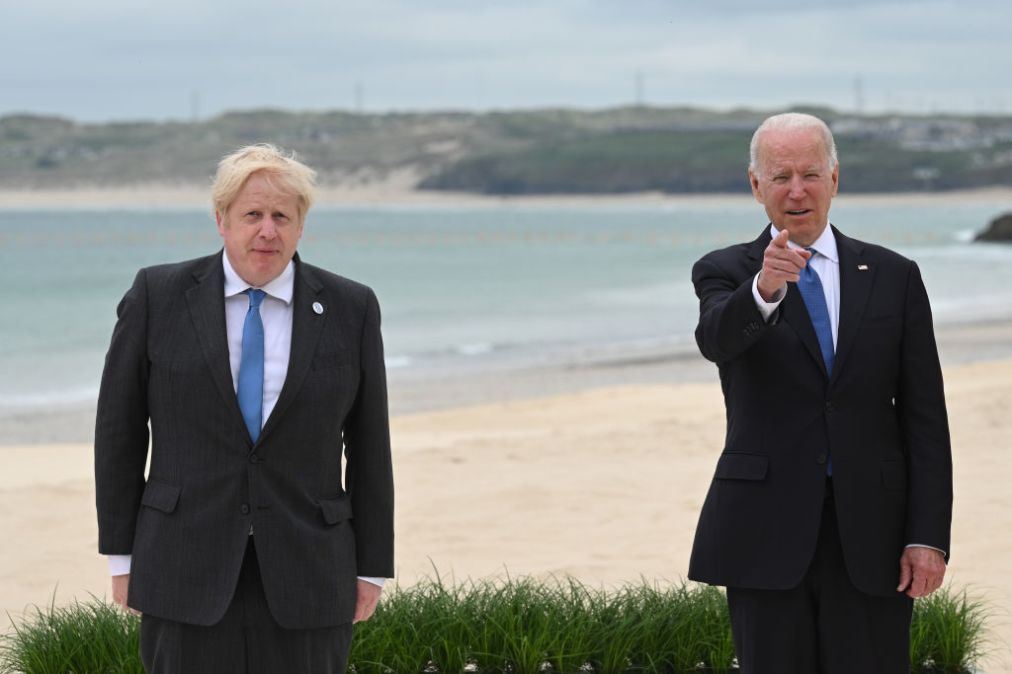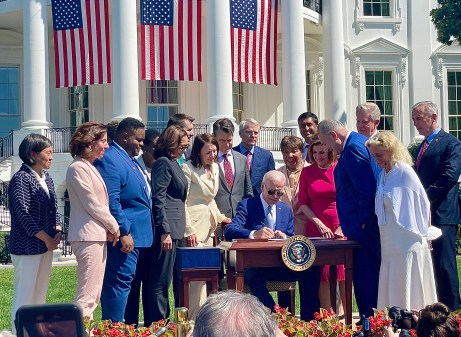US, UK forge emerging technology R&D partnership

The U.S. and U.K. agreed to forge a partnership over the next two years for developing emerging technologies like artificial intelligence, quantum computers and batteries, under the revised Atlantic Charter signed Thursday.
President Biden and U.K. Prime Minister Boris Johnson struck the agreement ahead of the G7 Summit in Cornwall, England, which promises to increase funding for research and development around climate change, cancer, future disease outbreaks and supply chain security.
Revisions to the 80-year-old charter emphasize democracy and human rights, defense and security, science and innovation, and economic prosperity as the two countries look to counter efforts by foreign adversaries like China and Russia to undermine them and gain a technological advantage.
“We will continue to strengthen collaboration in science and technology,” reads the agreement. “This will facilitate increased joint world-class research, as well as encourage the development of rules, norms and standards governing data sharing, technology, and the digital economy that reflect our values and principles.”
Moving forward the President’s Council of Advisors on Science and Technology and Prime Minister’s Council for Science and Technology will coordinate more closely.
Similarly the new U.S. National Center for Epidemic Forecasting and Outbreak Analytics and the new U.K. Health Security Agency Centre for Pandemic Preparedness will work together to eliminate infectious disease threats before they become epidemics or pandemics. That includes scaling detection with the development of an integrated, global surveillance system, the Global Pandemic Radar, as well as genomic sequencing.
“Enhancing global surveillance is critical to achieving our collective ambition to deliver safe, effective and affordable vaccines, therapeutics and diagnostics within 100 days of a future pandemic threat being identified,” reads the agreement.
With respect to climate change, clean energy technologies are another focus of the partnership.
The revised Atlantic Charter makes it clear the U.S. and U.K. intend to manage potential abuses of emerging technologies through international institutions and laws. That includes opposing disinformation campaigns targeting democratic elections, boosting cybersecurity and maintaining a free and open internet.
On the security front, the charter promises to deliver a “robust” data access agreement between the U.S. and U.K. — given their “appropriately high level” of information protections — to support law enforcement investigations into cyberattacks and terrorism while upholding privacy. Both countries vowed to work with tech companies to further such work.




